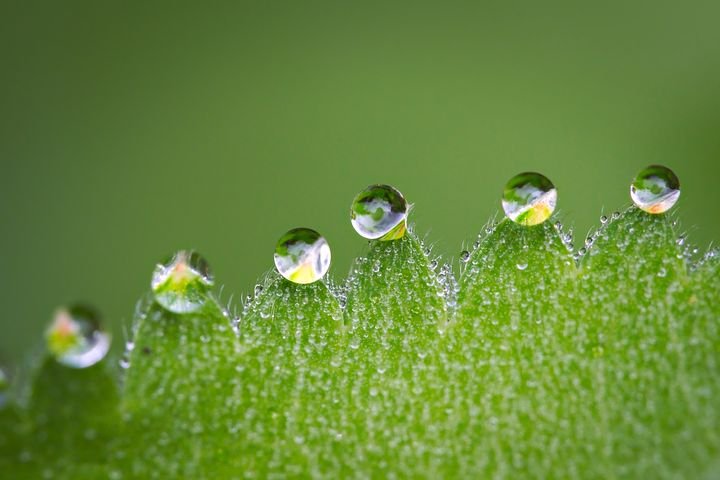



Beer production might seem like a trivial consideration when it comes to climate change. But Guan hopes that highlighting a single luxury product will get people thinking about the broad implications of global warming.
“"What I’m trying to emphasize here is that climate change will impact people’s lifestyle,” he says — even those of people in industrialized countries, who may be shielded from the worst effects of climate change on food supply.
Guan hopes that helping people understand how climate change could affect their daily lives will motivate them to take action against climate change. If people “want to drink beer when we watch football, then we have to do something”, he says.
Brewing storms
The team began by examining the chances of major droughts and heat waves in barley-growing regions on all six inhabited continents between 2010 and 2099. They considered four possible futures, from the best-case scenario, which sees relatively low levels of greenhouse-gas emissions during the twenty-first century, to the worst-case situation, in which emissions are high.
In each of these cases, the researchers found that the likelihood of extreme weather in barley-growing regions around the world increased compared with the number of similar events recorded in the late-twentieth and early twenty-first centuries. In the best-case scenario, this chance increased by a modest 4%, but the worst case saw a rise of 31%.
The researchers then simulated the effect of these droughts and heat waves on barley production by using software to model crop growth and yield on the basis of weather and other variables.
They found that, globally, this extreme weather would reduce barley yield by between 3% and 17%. Some countries fared better than others: tropical areas such as Central and South America were hit badly, but crop yields actually increased in certain temperate areas, including northern China and the United States. Some areas of those countries saw yield increases of up to 90% — but this was not enough to offset the global decrease.
Finally, Guan and his colleagues fed these changes in barley yield into an existing economic model that can account for changes in supply and demand in the global market. This enabled them to look at how reduced barley production would affect pricing and consumption of beer in countries, as well as trade between nations.
In the worst-case scenario, the reduced barley supply worldwide would result in a 16% decrease in global beer consumption in the years of extreme-weather events. Prices would, on average, double.
Thanks for using eSteem!
Your post has been voted as a part of eSteem encouragement program. Keep up the good work! Install Android, iOS Mobile app or Windows, Mac, Linux Surfer app, if you haven't already!
Learn more: https://esteem.app
Join our discord: https://discord.gg/8eHupPq